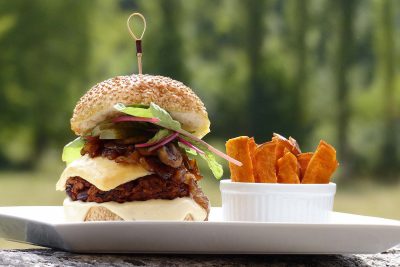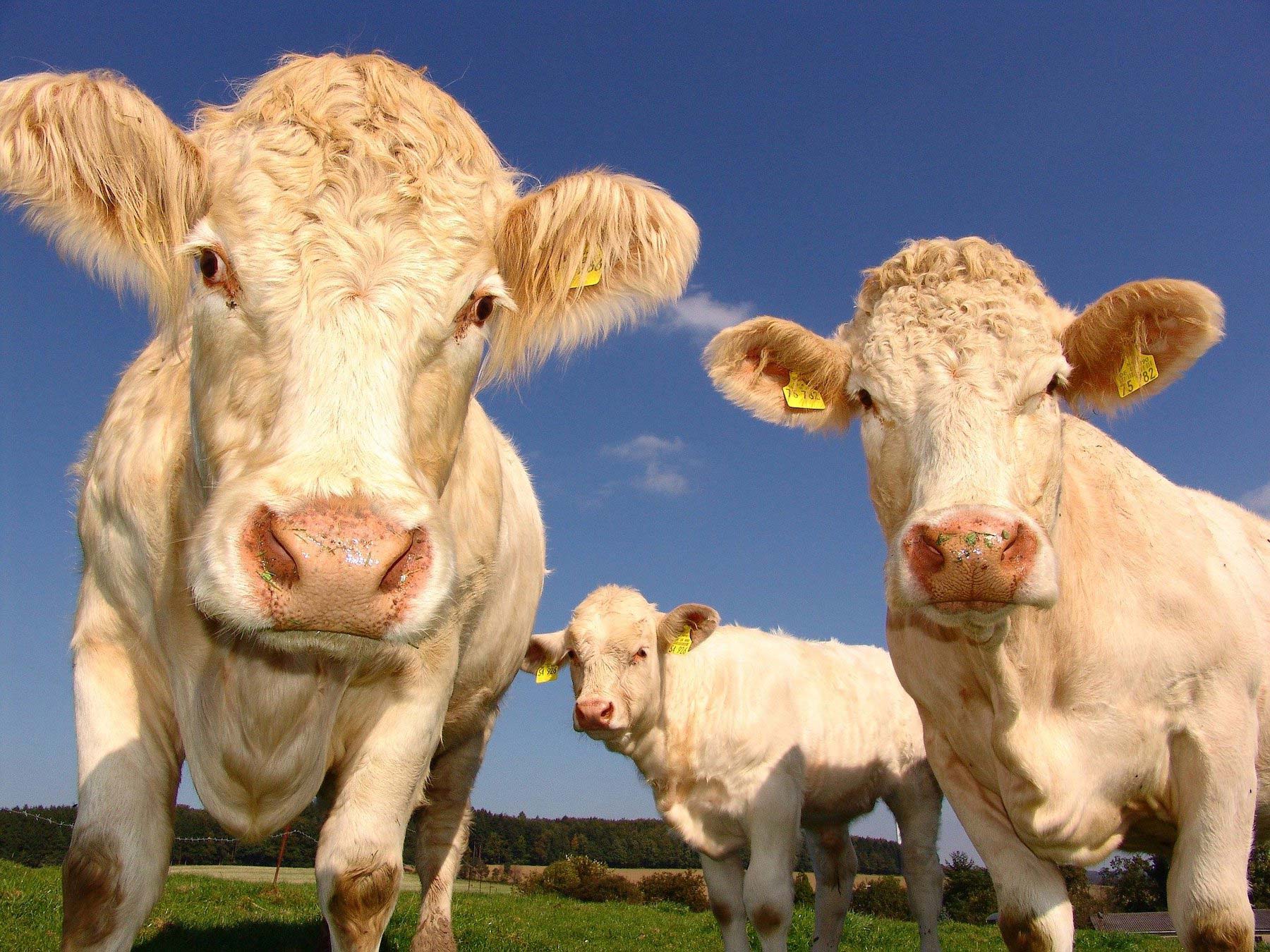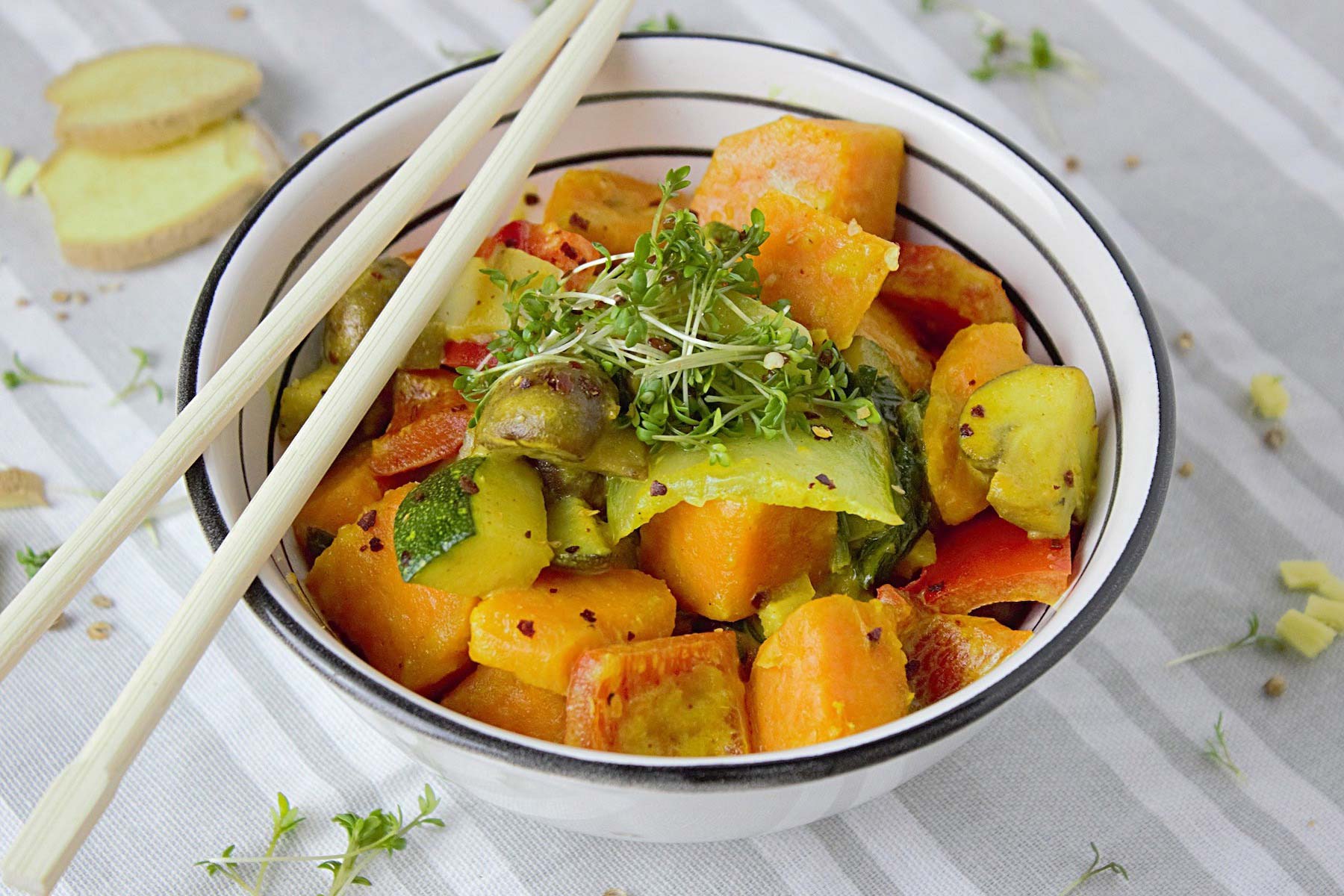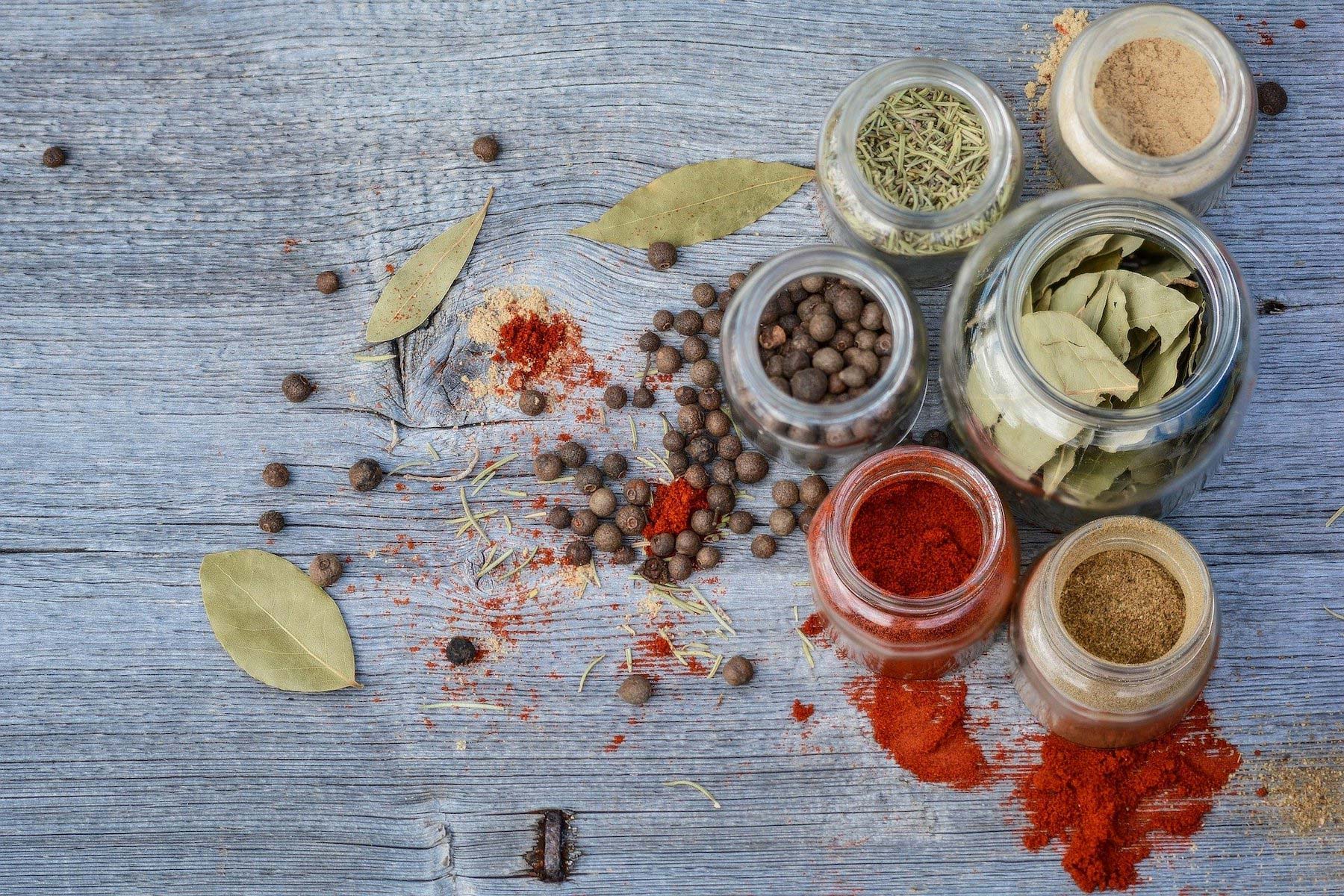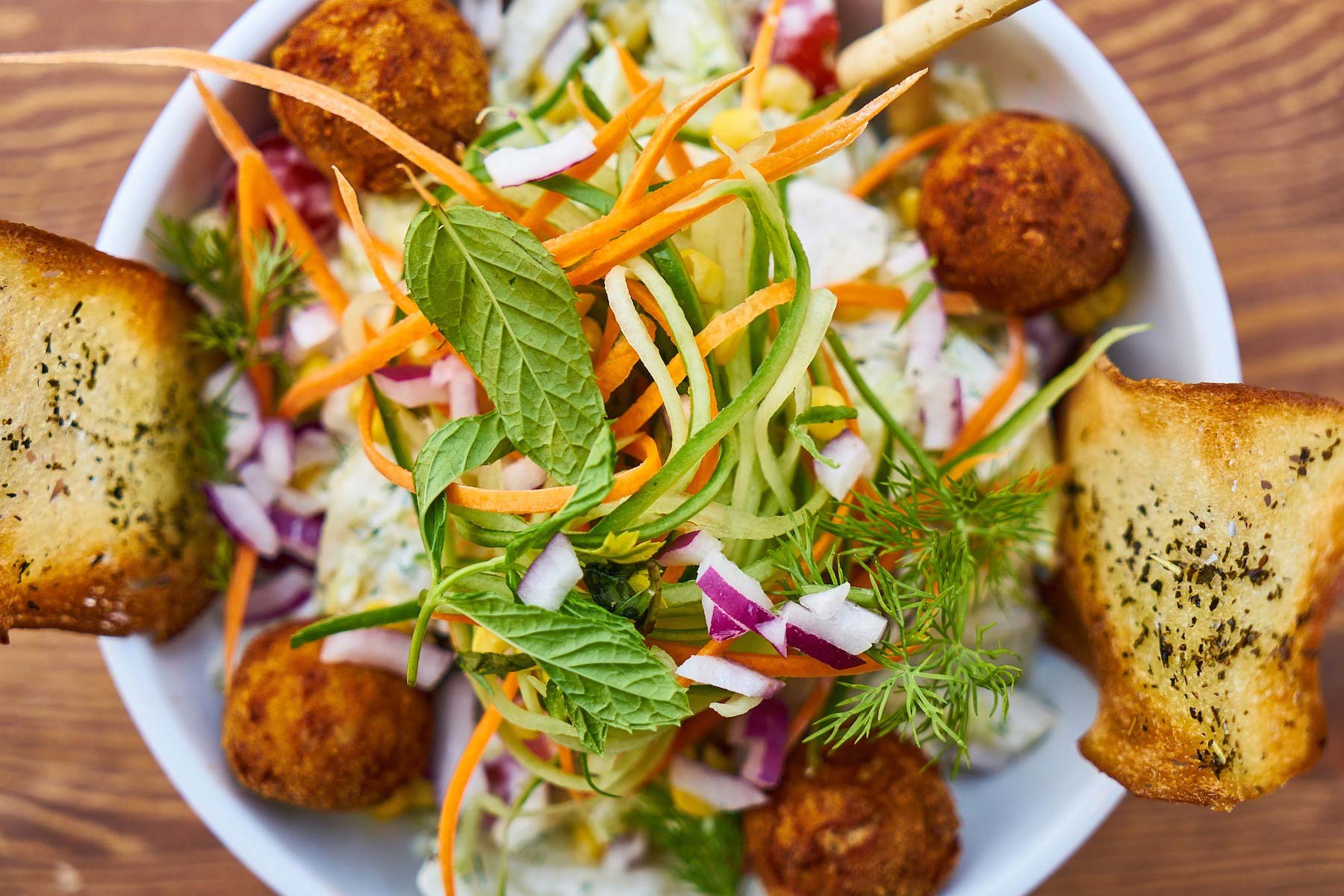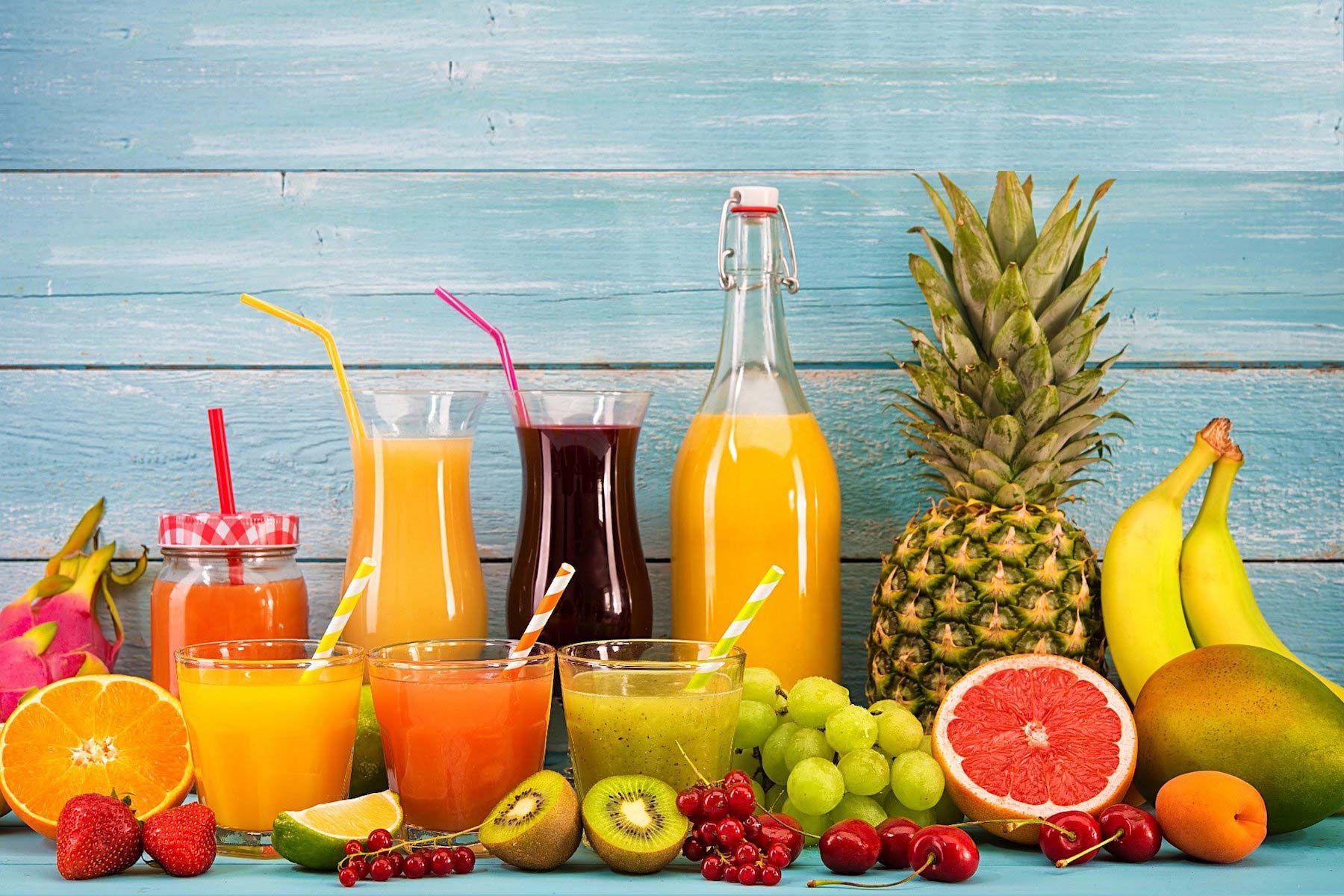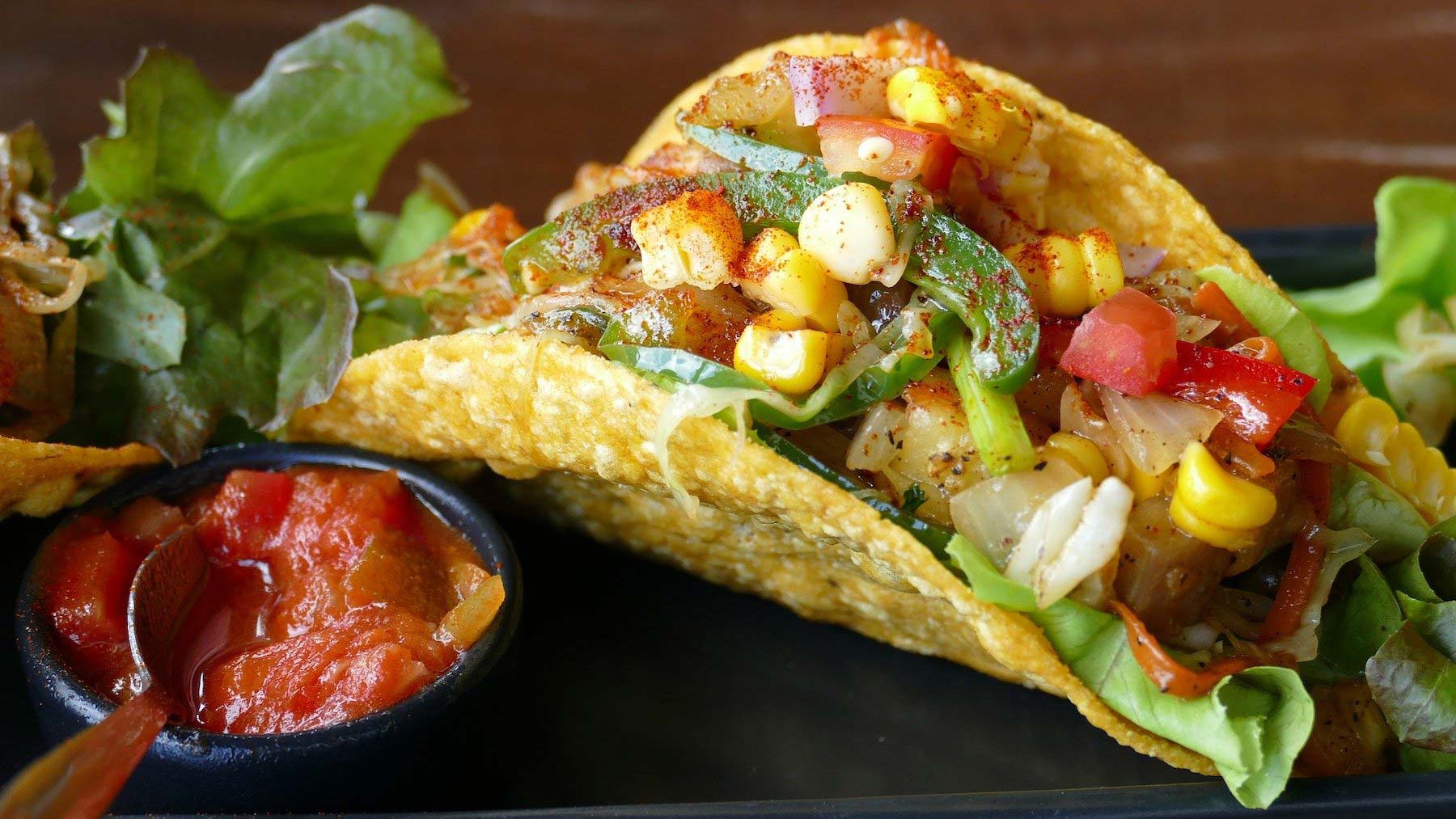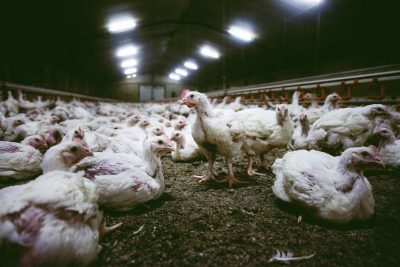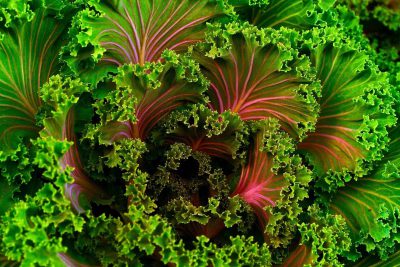Estimated reading time: 12 minutes
If you’re thinking about becoming vegan, you’re in the right place. With a combined 100+ years of veganism at Million Dollar Vegan, we know a thing or two about the challenges and benefits of switching to a plant-based diet, and we hope our tips will help you on your way, too.
What is Veganism?
Veganism is a way of living that avoids as far as is possible the exploitation of animals. This of course includes eating a plant-based diet. Now, we know there is no perfect diet, and no way to eat and live that does not impact the lives of other animals in some way. But by eating only foods made from plants, our impact is very much reduced. And a vegan diet is not just good news for animals; it is also better for the planet, reduces pandemic risk, helps us avoid many serious diseases, and reduces the threat of antibiotic resistance. There are lots of reasons that people become vegan, and all are equally valid.
How Hard Is It To Go Vegan?
Most new vegans report that it is not as difficult as they had expected! But how easy or difficult it may be will depend on how you approach it, the preparation you do, your motivation and how willing you are to try new things. Most people find that setting themselves a 31-day vegan challenge helps them adjust to this new way of eating without the pressure of committing to it forever. Getting advice and support throughout that transition period is key, so we’d recommend you sign up to our 31-day challenge for free and take advantage of our practical and inspirational resources.
Is Being Vegan Expensive?
It doesn’t have to be. Chickpeas are cheaper than chicken, and a beet burger costs less to make than a beef burger. Most pantry essentials like pasta, bread, rice, beans, pulses and seasonal or frozen vegetables are cheap to buy, and if you base your meals around these, it is easy to stick to a tight budget.
You may notice if you eat out that the meat-free dish is often the cheapest on the menu and there is a reason for that. Meat is expensive! In fact, it is probably the most expensive thing in the store outside of the alcohol aisle, so by leaving it off your plate and out of your cart, you’ll be saving money right there. And that means there is a little more to go around, so you should be able to buy plant milks and yogurts which can be a little more pricey than the dairy versions. Overall, you should see your weekly spend fall. In fact, recent Kantar research in the UK examined real people’s shopping carts and found that vegan meals cooked at home cost 40 percent less than meals that included meat or fish.
How To Become Vegan in 2021
Newsflash: If you go into this completely unprepared, with no vegan food in the house, no idea what to buy, cook or eat, and nothing but your revolutionary zeal to see you through, you are likely to be the perfect vegan for 12 hours max, only to fall off the wagon at dinnertime.
So before you jump in, there are a few things to consider that could help make your journey to veganism smooth, sustainable and very enjoyable. These are our top tips.
Take Your Time
When you know you want to try veganism it can be tempting to clear out the fridge immediately, don your vegan T shirt, and get started. That approach does work for some people but our advice would be to take the pressure off yourself. Take a little time to prepare and to think realistically about the transition. For many people, substituting one item at a time over a period of weeks might be a more sustainable approach – plant milk for dairy this week, plant-based burgers instead of meat patties next week, for example. Others may choose to have three vegan days a week and increase that over time. Whatever works for you is the right approach. After all, it’s not a race and if taking your time helps you achieve lasting change, we’re all for that.
Know Your Why
It is so much easier to become vegan when you know exactly why you are doing it. It may be you have an uneasy feeling about how animals are treated, but if it is no more than that, the motivation to become vegan can soon wane. We don’t recommend you search out the most graphic footage and images on the internet, but we would suggest you take some time to learn about how animals are treated on farms. It can be upsetting, of course, but looking away won’t stop the suffering, and you’ll have a better understanding as to why being vegan is the compassionate choice. It’s the same if your motivation is your health or the environment: arm yourself with knowledge and the motivation will follow.
Make Sure You Don’t Miss Out On Essential Nutrients
A balanced vegan diet is linked to a reduced rate of some of the most serious diseases our society suffers from. You’ll notice that the keyword here is balanced. It is very easy to be a junk food vegan, and those products may be tasty and convenient but they cannot be said to be healthy. Do your research! It is perfectly possible to get all the nutrients you need as a vegan but it helps if you know what they are and where to find them.
Make Your Own Food
Cooking a vegan meal both costs less and takes less time than cooking a meal that includes meat or fish, so there are two good reasons to make your own food. It also means you can cook in batches and freeze some for later use, and you can make your meals exactly how you like them, picking the ingredients that taste great and help you on your way to optimal health. Cooking is a creative act, and for many it is a way to unwind after a long day. You don’t have to be a Masterchef candidate. There are many simple but tasty recipes available for people of all abilities.
Try New Things
We all get stuck in a food rut sometimes but becoming vegan often helps people fall in love with food all over again. They discover new ingredients – such as jackfruit, banana blossoms, quinoa, or nutritional yeast – and find new recipes, new cuisines and whole new ways of cooking and eating. Those who approach veganism with an open mind and see it as a chance to try something new will love the journey and are more likely to find it works for them.
Ask For Help
There’s no shame in it! If there is something you need to know or something you’re worried about, you’ll find a welcoming online community at Million Dollar Vegan’s Facebook group. Since we were all brought up eating animal products but – for our own reasons – have become vegan, you’ll almost certainly find someone who has been through whatever it is you’re going through. So, don’t give up because you are craving a particular food. Ask the experts where you can get – or how you can make – that item. And never feel alone. Even if you are the only vegan you know, there are millions of us out there and we’ve got your back. Just connect with us, say hi, and tell us what’s on your mind.
Try New Restaurants
If you used to go to meat-centric restaurants, eating out can suddenly seem daunting. Not only will you be faced with slabs of meat on everyone else’s plates, and those charred flesh smells wafting through the air, but you may find there is very little for you to eat, and you’ll come home sad and hungry. Thankfully, those kinds of restaurants are becoming less common, and most outlets now cater for vegans. However, why not take the opportunity to try something new and go somewhere where there is plenty of plant-based choice, where you can browse the menu, agonize over what you will pick, and really enjoy it. Most cities have fully vegetarian / vegan restaurants, and increasingly non-vegetarian restaurants are upping their vegan game, too. Check out the best places near you to get a plant-based meal at HappyCow.
Avoid Eating Junk Food
Of course it’s tasty. But if we fill up on high-fat, high-salt, nutrient-poor meals there will be less room in our stomachs for those health-giving, vitamin-packed, nutrient-rich foods that will protect our health now and in the future, and keep us brimming with energy. We should choose wisely. After all, we each have only one body.
Plan Your Meals
Many new vegans find it best to plan their meals a few days in advance or even to make a weekly menu. That way, there is no chance of reaching that point of desperate hunger only to realise there is nothing in the house to eat. It doesn’t have to be complicated and it can take a lot of stress out of the process.
It is also helpful to veganize your favorite dishes by simply switching out the animal products for their vegan equivalents. This way, your meals don’t change all that much. You could add oat milk to your breakfast cereal, choose a vegetable or bean soup instead of a meat or fish one for lunch, and for dinner grill a plant-based burger to go in your bun with all your usual toppings: pickles, dairy-free cheese, ketchup or mustard. When we take these small steps, becoming vegan does not seem overwhelming at all.
Don’t Give Up
If you slip up and eat something non-vegan – either accidentally or because temptation won out – please don’t give up. We’ve all been there, and it doesn’t mean you are no longer vegan; it just means you are human. Yes, it can be frustrating, but don’t throw it all away. Being vegan is a great choice for health, for animals and for the planet. Go back to your why, search out foods that you love, and simply start again.
How To Deal With Food Barriers To Veganism
So we know why we’re doing it, we feel reassured that it won’t cost the earth, and we’re ready to find some new ingredients, recipes and restaurants to reignite our passion for food. But for some there will still be barriers in the way.
Lack of Time
Rest assured, it takes less time to cook a vegan meal than to cook one that contains meat or fish. But in the early weeks of veganism, shopping will probably take more time as you read labels and search online to find out what certain ingredients are and where you can find them. At this stage, you may wonder whether you have the stamina for it. But this phase does not last long, and once you know what casein is, for example, your eye will pick it out in an ingredients list as if it was flashing. If life is particularly hectic, you may wish to defer the start of your vegan journey for a week or two, so you can factor in this extra time.
Lack of Information
I think we can all agree that the internet is both a blessing and a curse, but it does contain a huge amount of information about veganism – the whys, the hows, and the principles and philosophies underpinning it. It’s all out there. So, whether you have a concern over protein, wonder which is the best vegan cheese for pizza, or want to connect with families who have brought up vegan children, treat the internet as your oracle.
Losing Favorite Foods
Here’s a biggie. We may know that the good reasons for being vegan vastly outweigh our taste buds and yet the idea that we can never eat a certain thing again can smash our commitment to pieces. But you should know that there is a vegan version of whatever it is you may be missing. From steaks to cheesecakes and meringues to scrambled eggs, you can buy or make plant-based versions of all the foods you love and without the down sides.
Allergies
Those who have an allergy to nuts, wheat or soy may find becoming vegan a little more challenging than those who have no such food intolerances. But it is possible to be vegan without eating these products, and research will be key. Connect with others in the same position, search out products and recipes, and read labels carefully. Don’t think you can’t have plant milk because you are allergic to soy! Choose oat, hemp, almond, rice or cashew milk instead. And don’t give up on the meat alternatives because the first meat replacement product you picked up was made of wheat protein. There are plenty of others that will be suitable for those with gluten intolerance – you’ve just got to find them. It may take longer to become fully vegan if you have allergies, so take it one step at a time.
Losing Traditions and Community
Food is more than fuel. It connects us to our family history, our community, to our faith, friends, culture and country. So, the idea of voluntarily giving all that up is understandably sobering. Again, we would seek to reassure you that you don’t need to give it up. With so many excellent plant-based products, it is possible to recreate the dishes that matter to you, but to do so in a way that reflects your own principles and beliefs. It’s the best of both worlds! There are vegan groups set up by people of many faiths and cultures, and they support one another while sharing tips, meal ideas and other helpful information to ensure that new vegans lose nothing.
Accessing Vegan Food
We know not everyone has a great vegan selection on their doorstep, and that not everyone has the ability or facilities to cook for themselves, or to choose where to shop or what to eat. Finances, geography, and home life can all impact our decision to become vegan, and we can only do what we are able to do. If there are few vegan products available in your neighborhood and you can afford it, perhaps you can order online instead. If you have time but little money, are you able to search online for budget recipes that mean you can cook using cheaper, easily accessible ingredients? It may be that you cannot be a full-time vegan at this moment, so be realistic and cut yourself some slack. Choose plant-based wherever you can but don’t blame yourself for the things you cannot change.
Conclusion
There are so many excellent reasons to become vegan, and we hope you feel inspired to try. There are plenty of resources available, and communities ready to help you. If you’re keen to give it a go right now, register for free for our 31-day challenge and you’ll receive all the tips, recipes and inspiration you need to set you on the path.
Good luck, friends!
